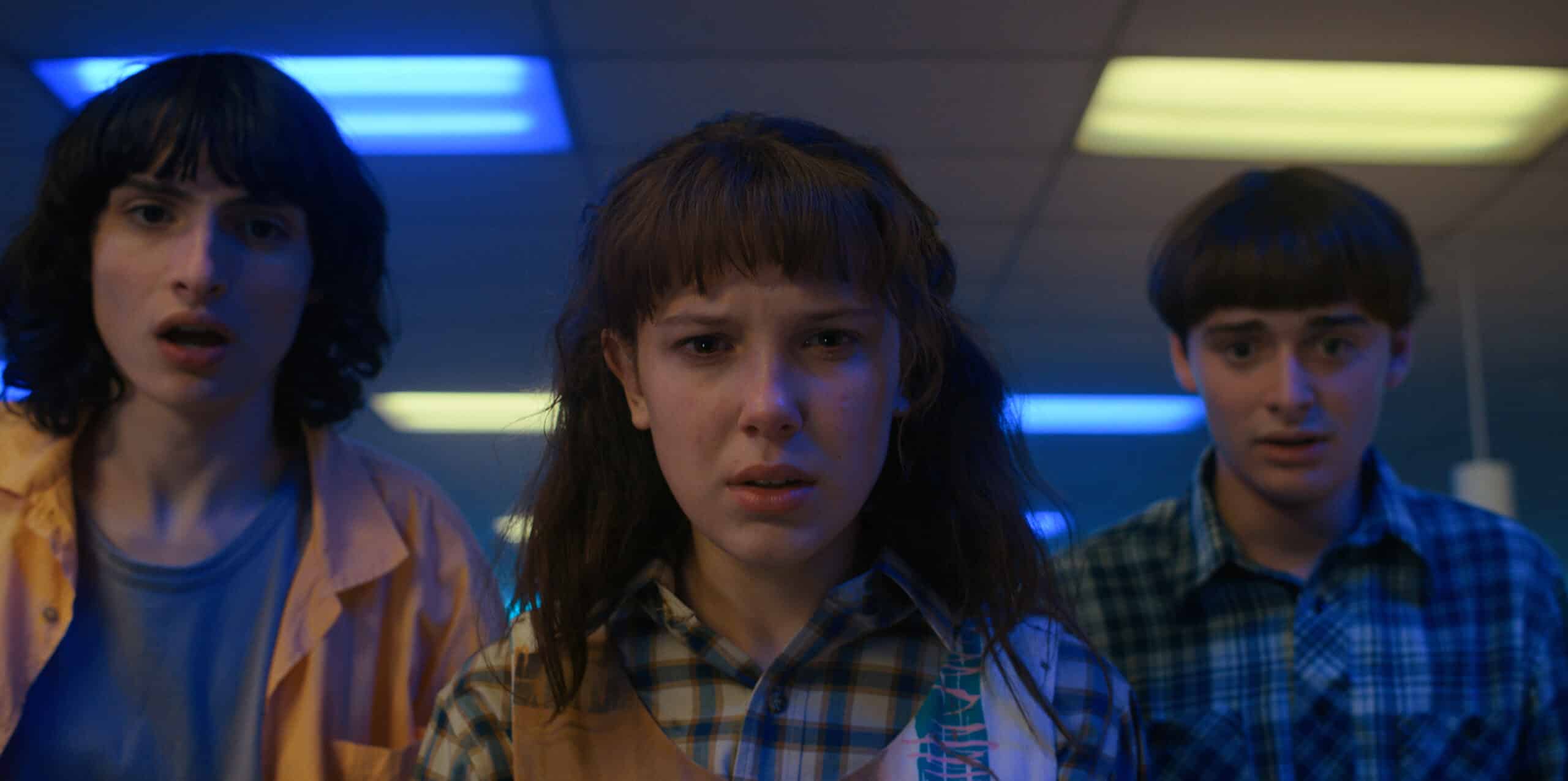The Hollywood writers are on strike due to the failed contract negotiations between the Writers Guild of America (WGA) and Alliance of Motion Picture and Television Producers (AMPTP). As the May 1 deadline passed without a new agreement, 11,500 unionized screenwriters stopped all script writing and took to the picket lines for the WGA’s first strike in 15 years, reported by Variety.
AMPTP expressed disappointment that the WGA did not accept their “comprehensive package proposal,” which included generous increases in compensation for writers and improvements in streaming residuals. Despite negotiations, the two parties failed to reach an agreement.
The hope is for the Writers Guild of America (WGA) to strive for a compensation model similar to the one in place for broadcast television's viewership-based residual payments, along with increased salaries and more stringent regulations on AI-assisted scriptwriting. However, a significant point of contention is a proposal that would require production and post-production teams to include a certain number of writers. Despite the completion of scripts for some shows like House of the Dragon, the AMPTP's refusal to meet the WGA's demands for financial security and job stability is already impacting the current seasons of other scripted series (such as The Daily Show, Real Time with Bill Mayer, and other late-night talk shows), potentially leading to significant cuts.
4. Saturday Night Live
Following the ongoing WGA strike, there has been speculation about whether or not SNL will continue with its scheduled programming. However, it appears that the popular sketch comedy show will be joining other late-night programs and taking a hiatus. The upcoming episode, featuring host Pete Davidson and musical guest Lil Uzi Vert, has been officially canceled. Instead, NBC will air a rerun, which may be the norm in the coming weeks if there is no resolution between the WGA and the AMPTP.
3. Abbott Elementary
The WGA strike has affected the writers room for Abbott Elementary Season 3, which was scheduled to convene on May 2nd. As the strike continues, the number of episodes that can be written for the season may be impacted, potentially leading to a delay in the release of the season or a reduction in the number of episodes produced. Abbott Elementary is a show that is written while it airs, so the strike's duration is a crucial factor in determining the season's outcome.
“We are demanding that this industry is one that can sustain a career,” began Abbott Elementary writer Brittani Nichols and captain for WGA West. “If this strike goes on for a significant period of time, our show will not come out on time and that could change the amount of episodes which I’m sure people will be very upset about.”
2. Big Mouth
The news of Big Mouth's upcoming final season brought excitement to fans, but the ongoing WGA strike has halted the show's progress. Despite being six weeks into the writing process for Season 8, the showrunners stand in solidarity with their fellow writers and have paused production. Without knowing how long the strike will last, it's unclear how many episodes the series finale will have or when it will be released.
1. Stranger Things
Fans of the popular sci-fi series Stranger Things might have to wait a little longer for the show's fifth and final season. With the WGA strike causing disruptions in the TV industry, there's a chance that the Duffer Brothers, the show's creators, may not have finished writing the season yet. This could mean that the show's final episodes, which are set to air in 2024, might be affected by the strike. As one of Netflix's flagship shows, the impact on Stranger Things could be significant, and fans will be anxiously waiting for updates on its progress.

While many people from fans to writers have the right to harbor anger, it's still inspiring to see the guild standing up for themselves. We've seen this happen in sports such as baseball and basketball where they have lockouts due to management and players not agreeing on a collective agreement. They eventually sorted it out, but not before fans had to miss a chunk of the season.
What it boils down to is the people at the top coming together and figuring out how they can still leech as much money as possible from those under them, the folks doing the work audiences tune in to watch every day. Some writers may never return if things don't go well and some shows won't ever be the same with the loss of talent, but that's the price everyone has to pay thanks to the commodification of television.




